Bio
Alteogen to seek US approval for clinical trials of Eylea biosimilar
[THE INVESTOR] Alteogen said on Jan. 17 that it will file an Investigational New Drug application for its biosimilar candidate referencing Regeneron’s blockbuster drug Eylea with the US Food and Drug Administration this year.
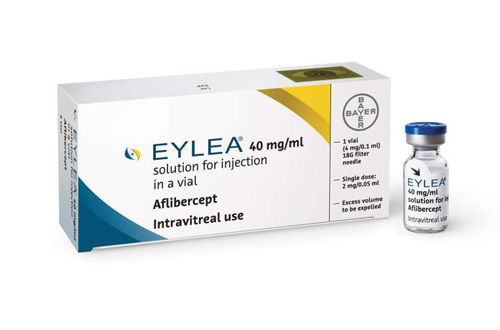 |
The Korean biosimilar maker recently completed preclinical studies on ALT-L9, which demonstrated that the potential drug matches the reference therapy without significant side effects. The official preclinical data will be presented in two or three months, according to the firm.
Eylea is a vascular endothelial growth factor inhibitor that treats wet age-related macular degeneration, which is the leading cause for blindness among the elderly, and related eye conditions. The visual impairment therapy raked in US$5.2 billion in global net sales in 2016.
“We plan to present the official analysis report of the preclinical results at an academic conference and expect licensing-out negotiations to be accelerated,” Alteogen CEO Park Soon-Jae said in a statement.
Over the past nine months, Alteogen has conducted a 13-week preclinical toxicity studies in monkeys by administrating injections of Eylea and ALT-L9 in their eyes four times in every four weeks through preclinical and early clinical contract research firm MPI Research in the US.
In addition to proving similarity and efficacy, Alteogen has implemented its self-developed formulation technology that makes its potential drug more resilient to high temperatures in order to achieve a longer shelf life than the original drug.
The announcement comes as Alteogen’s bigger rival Samsung Bioepis is seeking to enter the lucrative macular degeneration market by developing its knockoff version of Genentech’s Lucentis, the competing drug of Eylea. Samsung Bioepis’ version SB11 is preparing to start phase 3 clinical studies in April, according to clinicaltrials.gov.
“We believe that our Eylea biosimilar will create higher market value than Lucentis biosimilar products as more patients opt for Eylea because it is more patient friendly due to a less-frequent dosing schedule,” an Alteogen official told The Investor.
Both Eylea and Lucentis are injected into the vitreous, but Eylea is typically given once every two months, compared to Lucentis’ monthly injections, he said. Lucentis posted global sales of US$3.3 billion in 2016.
In 2014, Alteogen granted Kissei Pharmaceutical exclusive rights to develop and commercialize ALT-L9 in Japan. The Korean firm plans to roll out its Eylea copy in Japan and China in 2022 when the patents of the brand-name drug lapse.
By Park Han-na (hnpark@heraldcorp.com)


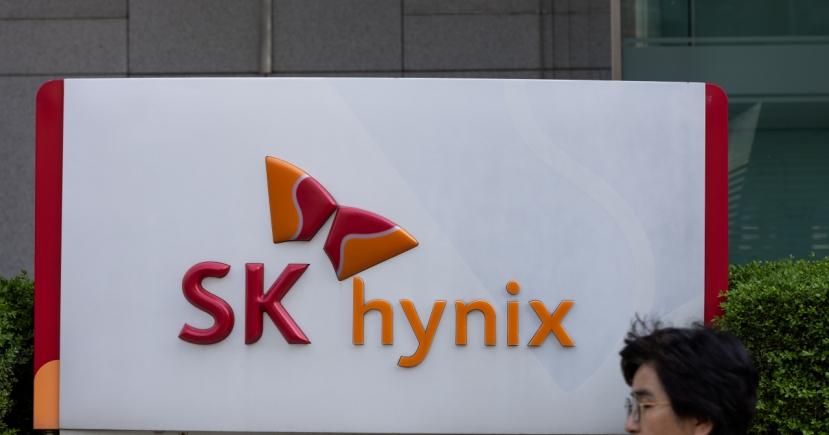
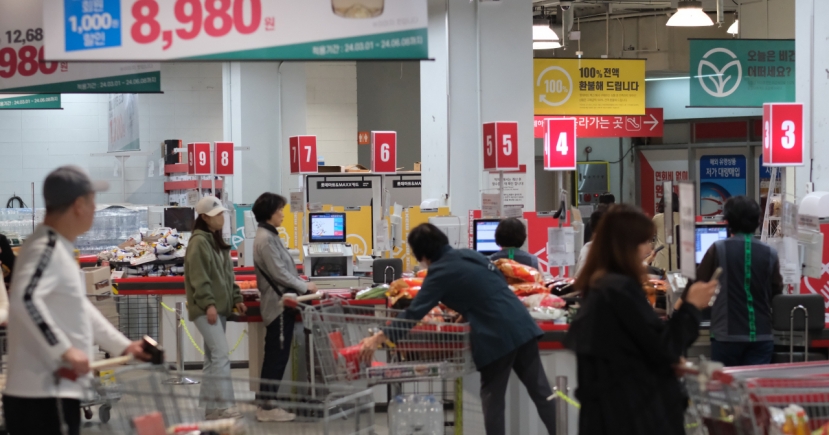
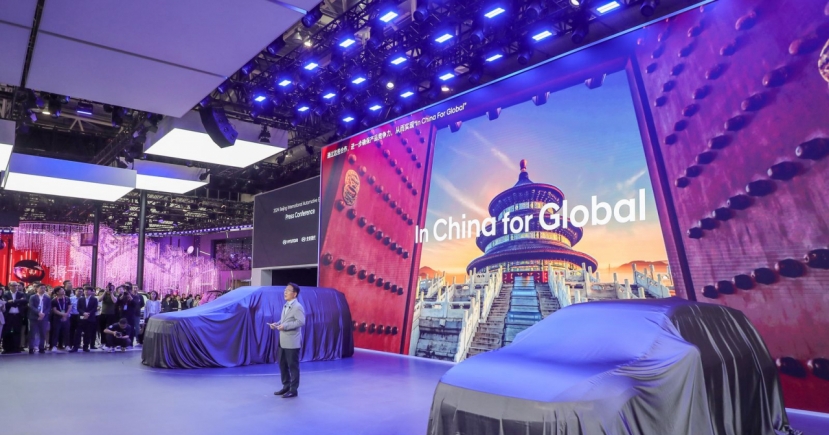
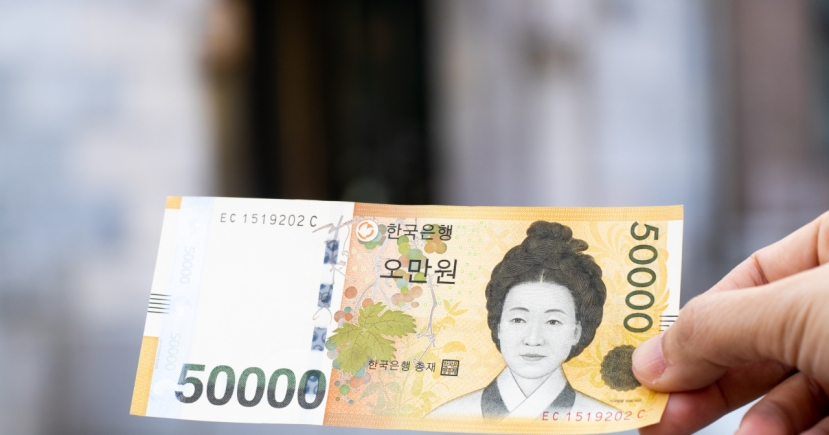
![[KH Explains] Korean shipbuilding stocks rally: Real growth or bubble?](http://res.heraldm.com/phpwas/restmb_idxmake.php?idx=151&simg=/content/image/2024/04/25/20240425050656_0.jpg)
![[Hello India] Hyundai Motor vows to boost 'clean mobility' in India](http://res.heraldm.com/phpwas/restmb_idxmake.php?idx=151&simg=/content/image/2024/04/25/20240425050672_0.jpg)
